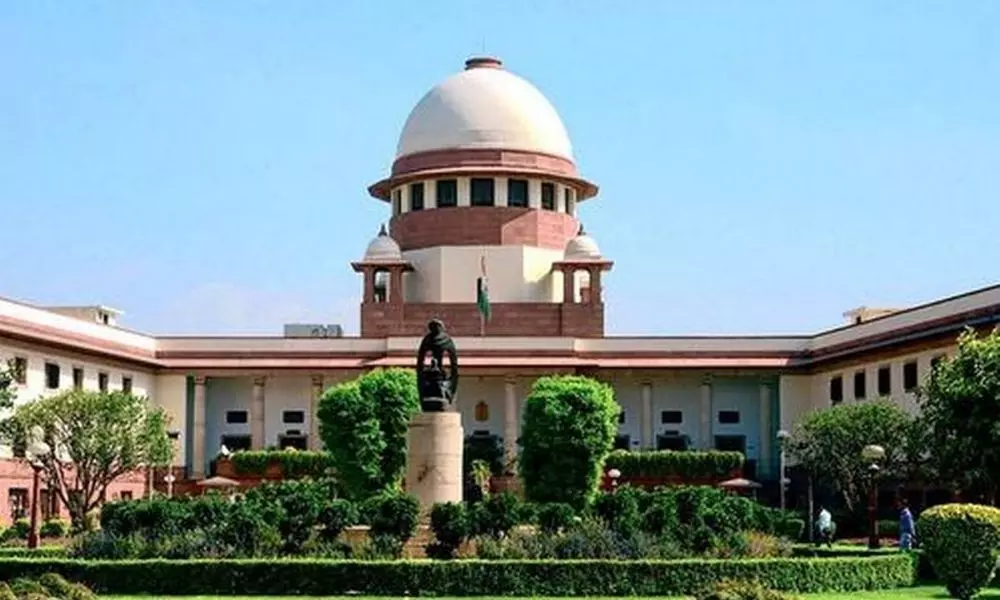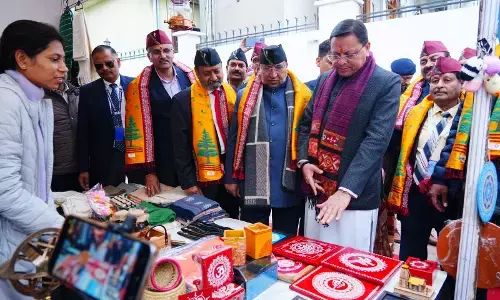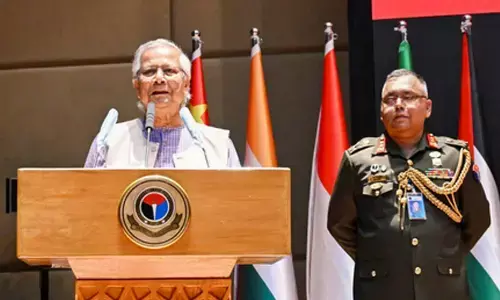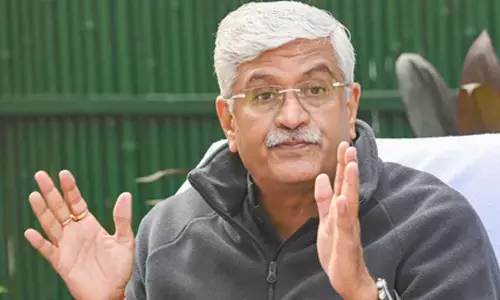NDPS accused's statements can't be used as confession to convict: SC

NDPS accused's statements can't be used as confession to convict: SC
In a major judgement critical for cases under the NDPS Act, the Supreme Court on Thursday held that a statement recorded under its Section 67 cannot be used as a confession in the trial of an offence under the Act.
New Delhi: In a major judgement critical for cases under the NDPS Act, the Supreme Court on Thursday held that a statement recorded under its Section 67 cannot be used as a confession in the trial of an offence under the Act.
By a 2:1 ruling, a three-judge bench overruled two previous Supreme Court verdicsts to hold that the statements of accused recorded under Section 67 of the Narcotic Drugs and Psychotropic Substances (NDPS) Act cannot be used as a confession during the trial.
The majority judgment by Justices Rohinton F. Nariman and Navin Sinha said: "The officers who are invested with powers under Section 53 of the NDPS Act are 'police officers' within the meaning of Section 25 of the Evidence Act, as a result of which any confessional statement made to them would be barred under the provisions of Section 25 of the Evidence Act, and cannot be taken into account in order to convict an accused under the NDPS Act."
Justice Indira Banerjee, the third judge on the bench, dissented with the majority view.
The top court noted that if confessional statement made before an officer were to be treated as evidence, then it would be a direct infringement of the constitutional guarantees contained in Articles 14, 20(3) and 21 of the Constitution.
Citing the previous two verdicts, the top court said both these judgments do not state the law correctly, and are thus overruled. "Other judgments that expressly refer to and rely upon these judgments, or upon the principles laid down by these judgments, also stand overruled for the reasons given by us," it said.
Equating the confessional statement under the NDPS Act, having no safeguards, with those under the erstwhile Terrorist and Disruptive Activities (Prevention) Act (TADA) and the Prevention of Terrorism Act (POTA), the top court said when confessional statements are used under TADA and POTA, they are used with several safeguards which are contained in these sections themselves.
The bench noted that the evidentiary value of statements made under the NDPS Act, where Section 53A states that, in the circumstances mentioned, statements made by a person before any officer empowered under Section 53 shall merely be "relevant" for the purpose of proving the truth of any facts contained in the said statement.
"Therefore, statements made before the officer under section 53, even when 'relevant' under section 53A, cannot, without corroborating evidence, be the basis for the conviction of an accused," it said.
Commenting on the statement made before police officers and drug agency officers, the top court said: "Further, if the distinction between police officer as narrowly defined and the officers of the Narcotics Control Bureau is something that is to be stressed, then any interpretation which would whittle down the fundamental rights of an accused based solely on the designation of a particular officer, would fall foul of Article 14."
The top court emphasized that the classification between the two types of officers would have no rational relation to the object sought to be achieved by the statute in question, which is the prevention and detection of crime.


















